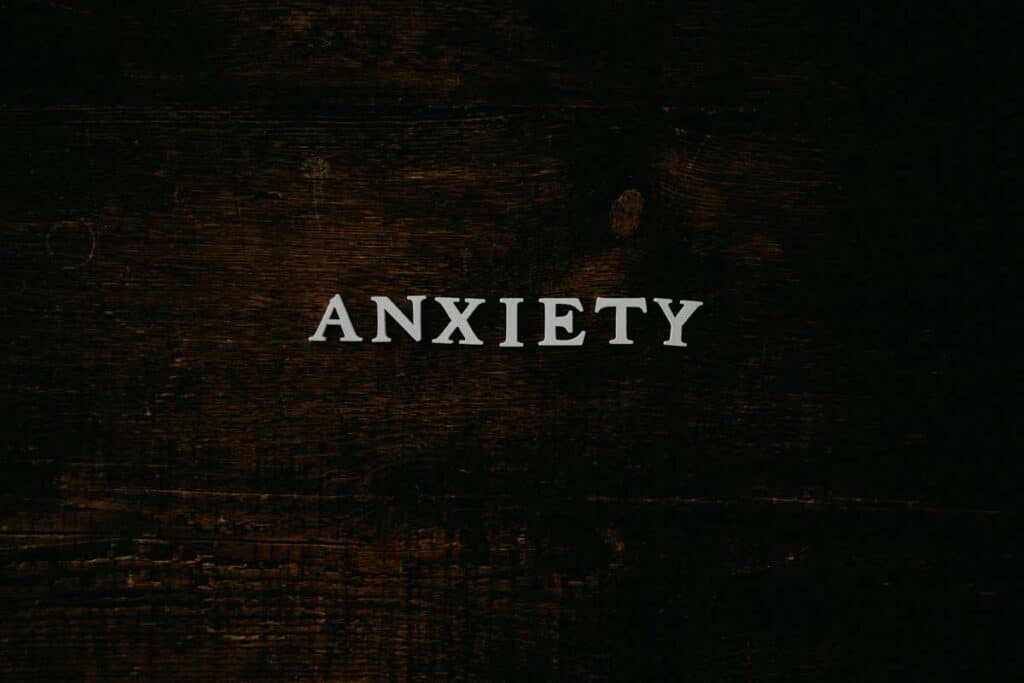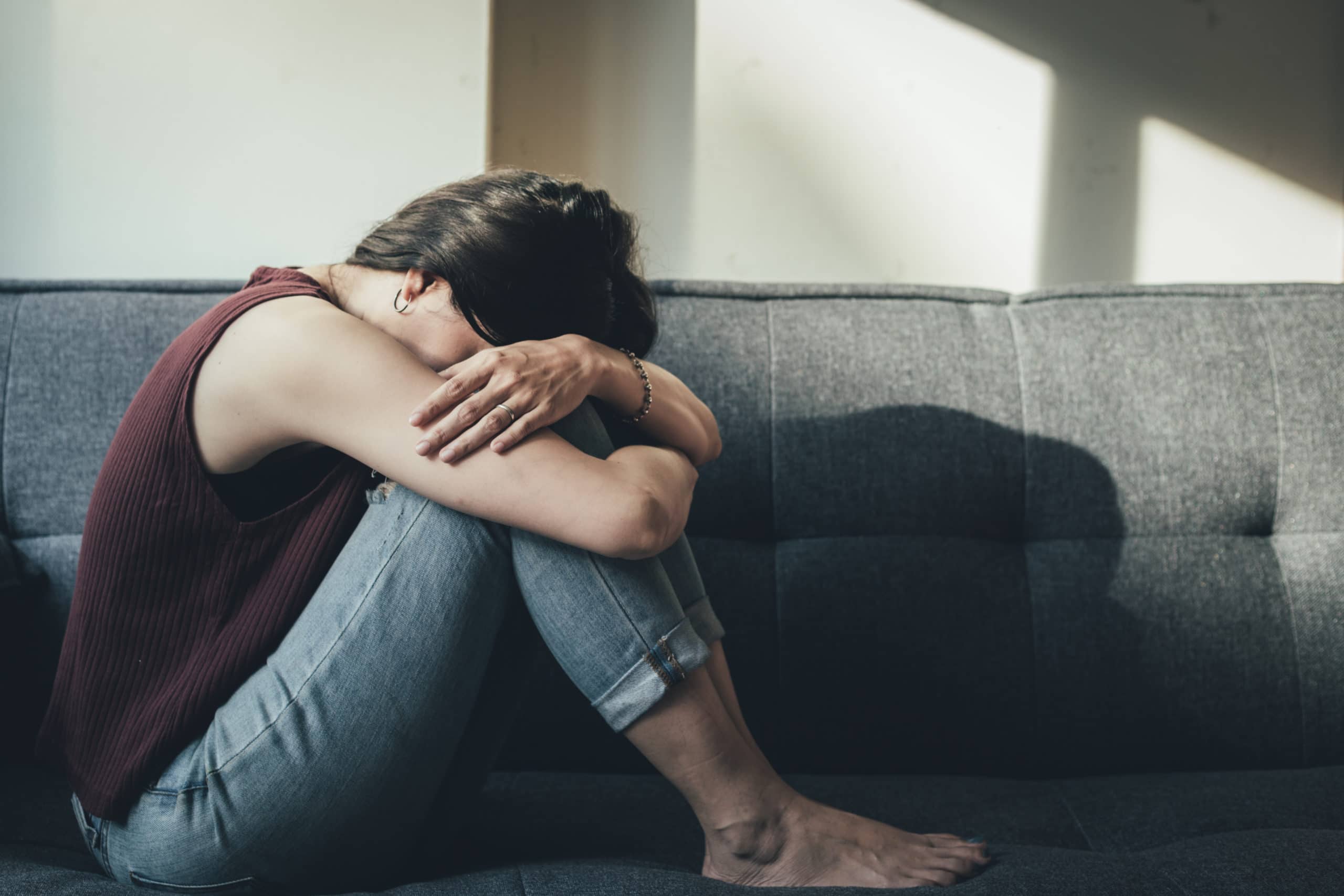While there are many factors that go into the development of an anxiety disorder, a component of that can be genetics. In this article Impact IOP will examine the question, Is Anxiety Disorder Genetic?
Through the Impact IOP Program, our group of medical professionals works to help people with multiple mental health disorders get back to feeling normal. Our treatment centers focus on enhancing mental health and treating substance use disorders.
What is an Anxiety Disorder?
An anxiety disorder is a diagnosable mental health disorder that revolves around overwhelming worry or fear. Individuals who experience anxiety at this level endure more than average situation anxiety which is common for many individuals.
Individuals diagnosed with an anxiety disorder are diagnosed under three categories – generalized anxiety disorder, panic disorders, and phobia-related disorders. The distinction comes with a variety of causes and symptoms, all connected by a general overwhelming sensation.
Generalized anxiety disorder is characterized by “feeling restless, wound-up, or on-edge, Being easily fatigued, Having difficulty concentrating; mind going blank, Being irritable, having muscle tension, Difficulty controlling feelings of worry, Having sleep problems, such as difficulty falling or staying asleep, restlessness, or unsatisfying sleep.” These persistent feelings can cause a number of physical symptoms as well.
What Causes An Anxiety Disorder?

There are many factors that go into the development of an anxiety disorder. They include things like the environment, inherent shyness, physical health conditions, genetics, and substance use disorders.
Individuals who develop an anxiety disorder can develop them after a trauma or series of intensely stressful situations. This can cause an individual to be fearful or have increased anxiety about specific events.
An individual’s own inherent shyness or timidness can be immediately noticeable and cause additional generalized anxiety about social interactions or unfamiliar situations.
Physical health conditions can cause an anxiety disorder as well. Anxiety is a symptom of many disorders and a side effect of many medications. Individuals who must take medication to treat a health condition can develop an anxiety disorder in relation to the medication or treatment or even fear surrounding the health concern.
Genetics can also play a factor in the development of an anxiety disorder. Individuals may experience inherited anxiety from the environment they live in. If a parent or guardian has an unmanaged anxiety disorder, this can be a triggering environmental factor for a child in this situation. This can lead to Stockholm-like anxiety disorder in children.
Finally, a common side-effect of many illegal drugs is anxiety. Individuals who use drugs to get high can develop an anxiety disorder related to their chronic drug use and increase anxiety-related feelings while taking the drug. This can lead to feelings of anxiety when withdrawing or not using the drug and develop into its own disorder.
Is Anxiety Disorder Genetic?

Research indicates that anxiety has a 30% heritability or likelihood of developing anxiety disorders. In children, this can look like “childhood separation anxiety, social phobia, and panic, whereas during later developmental stages, a shared genetic origin with other internalizing disorders, especially MDD [Major Depressive Disorder], becomes apparent.” However, it is important to remember that this factor is not the only factor that impacts the development of addiction.
What to Look for in Anxiety Disorder Treatment
Anxiety disorder treatment can be found through counselors, therapists, and medical professionals that will use traditional treatments to focus on identifying the root cause of your anxiety. These individuals will teach you how to manage these triggers and the appropriate self-management strategies to help you when you become overwhelmed. A combination of psychotherapy and medication is often the treatment for individuals with anxiety.
Individuals who take medication for anxiety should be wary, because some of them, like benzodiazepines, can be addictive.
However, if your anxiety disorder is related to prescription or illegal drug use, it may be time to speak with your doctor about changing your medication or addiction treatment. When a substance is a factor that is directly impacting or the main cause of your anxiety, a change must be made.
Individuals who are ready to make a change should look into residential addiction treatment for individuals with comorbid disorders. Through the Impact IOP Program, our treatment facilities are designed to treat individuals with substance use disorders and a number of comorbid mental health concerns like anxiety.
If you think your drug use is impacting your anxiety, contact us today to see how we can help you make a change.

